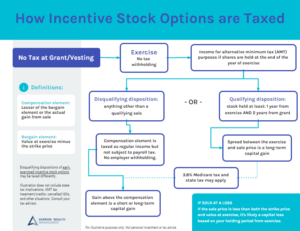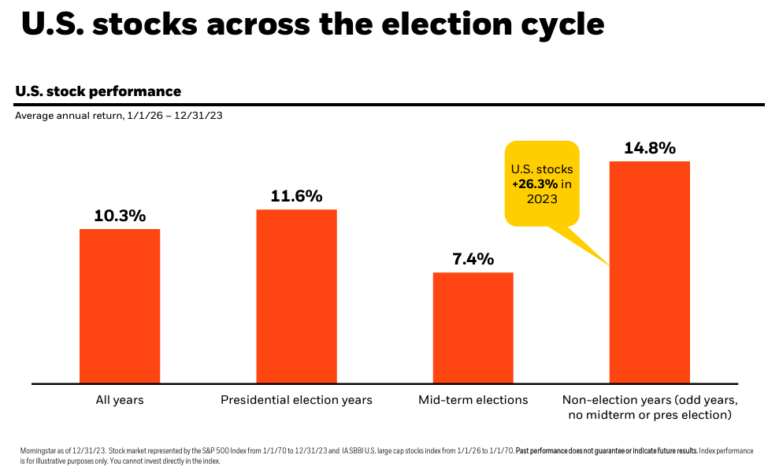Quite simply, a down round is when a company raises money at a lower valuation per share relative to earlier financing rounds. A simple example: a startup raises a Series B at a $30M post-money valuation and a Series C at a $20M post-money valuation. Working for a startup involves risk. Employees with equity or stock options are participants in the ups – and downs – along the way.
Unfortunately, the comedown from the IPO boom in 2021 has been swift. After a record-setting number of IPOs last year, the average newly public company is down almost 50% over the past year (Renaissance IPO ETF). Here’s what you should know if you have equity or stock options in a startup that just raised money in a down round.
Why down rounds matter for employees
Down rounds aren’t just for small, obscure companies. Instacart, Airbnb, and WeWork are members of the club. Down rounds can happen for a variety of reasons. Most recently, super accommodative pandemic monetary policy artificially boosted asset prices. With rates rising, unrealistic valuations are getting cut. It can also happen if there’s a general risk-off sentiment in the market/industry and company specific concerns.
For employees with stock options or equity, a down round can have significant implications
Unexercised stock options
One ramification is the potential your shares become underwater. Especially if you are a relatively new hire, the fair market value of the stock at grant might be greater than the value after a down round. If the stock never recovers, without action by the company, the shares have no value. More on this later.
Startups also need cash. If they aren’t able to raise enough money to maintain their current costs, the company may make layoffs. This has implications for your equity (risk of losing in-the-money vested shares). The company may extend the period you have to exercise in this case, but the cost/risk of exercising plus potential tax due may be too rich without liquidity.
Per IRS rules, incentive stock options (ISOs) must be exercised within 90 days of an employee leaving the company. After that, the company could convert the options to nonqualified stock options (NSOs), but that means tax is due now.
Obviously, layoffs are also a big risk for your overall financial stability, though (hopefully) that was part of the calculus when joining the startup in the first place.
Exercised stock options
If you already exercised options, either at vesting or an early exercise, the situation is a bit different. If you are a very early employee, your strike price could be as little as a fraction of a cent. So assuming the company survives, and you eventually have liquidity, in most cases there’s still upside. But if the value of the stock after the down round is less than your exercise price (what you paid), your investment may be a capital loss if it doesn’t ever recover.
Further, in general, the spread between the strike price and the value at exercise is taxable, either as regular income for NSOs or AMT for ISOs. When exercising your options, there’s a risk that you’ll wind up paying more tax than you would have otherwise due to spread differentials.
For employees with common stock, a down round is likely to dilute their ownership as investors with preferred stock often have anti-dilution provisions.
In the event you financed the exercise of your options, a down round is more bad news. A full discussion of this topic is outside the scope of this article, but at a high level, a recourse loan means your personal assets are at risk if you can’t repay the loan and the stock (collateral) isn’t enough to satisfy the debt. A non-recourse loan means only the stock that was collateral for the loan is at risk if you can’t pay. Loans can be a mix of the two. The financing of stock exercises has various tax implications as well. This situation is still unfolding at Bolt.
What can the company do to help protect employees with stock options?
It’s worth reiterating that employee option holders and shareholders aren’t being given a one-way ride. Equity compensation involves risk. Employees must be ready to share the downside risk if they wish to participate in the upside.
That said, startups, at the board’s discretion, may be able to take action to help cushion the blow after a down round. Here are some examples of solutions.
- Option repricing. The company simply lowers the strike price of the options to the current 409a or perhaps something just above it, without changing terms/vesting.
- Options exchange. This can happen a couple different ways. Existing options could be cancelled and exchanged with new options with an adjusted strike price. Options could also be cancelled and exchanged for another type of equity compensation, such as restricted stock or RSUs. In any case, exchanges may be on a 1-for-1 basis (or other ratio) or value-for-value. A new vesting schedule may also apply.
- Cash out options. The startup may elect to repurchase the options using a certain valuation. Proceeds may still be subject to vesting.
None of these options are necessarily easy for the company, nor do they help employees who already exercised options. Boards must weigh the cash outlay, dilution for investors, and role of equity compensation as a retention tool among a multitude of other tax and legal considerations outside the scope of this overview.
Related: The Stock is Down and You’re in a Post-IPO Lockup











